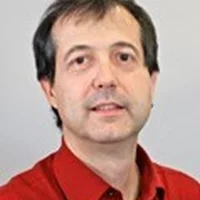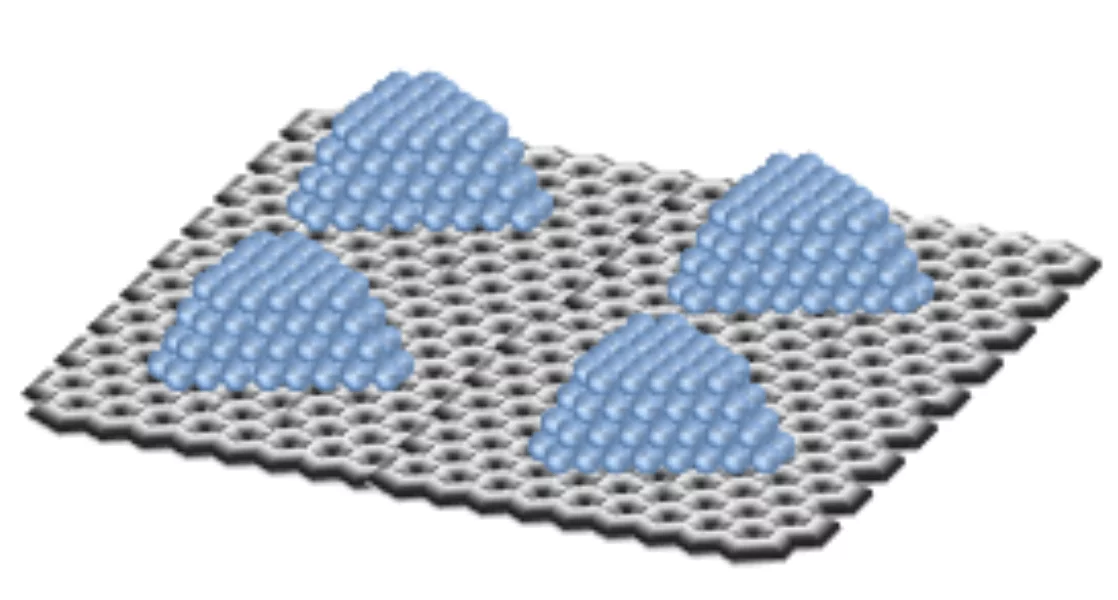On 7th February Dr. Christian Papp from University Erlangen (Germany) is visiting the SIM beamline and will give a Photon Science Seminar talk with the title: "In-situ Studies of the Reactivity of Model Catalysts: Surface Chemistry from flat surfaces to nanoparticles".
Abstract:
The increasing complexity from surface science to real catalysis leads to the “materials gap”. To close this gap, studies of adsorption and reaction experiments on graphene-supported nanoparticles under in situ conditions were conducted with the particular aim to point out similarities and differences of results from “traditional” single crystal studies and the more complex, more realistic nanoparticles. It is shown that the use of a quantitative spectroscopy allows for gaining a detailed insight even to these complex systems, thereby facilitating a further step into bridging the materials gap from fundamental science to applied sciences. The use of graphene as a substrate gives intriguing new possibilities, as the template effect of graphene can lead to a very narrow size distribution, while graphene itself is chemically innocent, thereby making side processes such as spill over and reverse spill over less likely. The systems discussed range from extremely well studied systems such as the adsorption and reaction of CO on a Pt(111) surface, going to stepped surfaces and finally to nanocluster arrays supported on a graphene support. Also the important chemistry of sulphur, being a strong catalyst poison, on such systems will be discussed. While the adsorption behavior on nanoclusters is strongly reminiscent of the adsorption on stepped surfaces, a strong increase in the reactivity of nanoparticles systems is found.
References:
- K. Gotterbarm, F. Späth, U. Bauer, C. Bronnbauer, H.-P. Steinrück, C. Papp, ACS Catalysis, 5 (2015) 2397.
- C. Papp, Catal. Lett. (2016), DOI: 10.1007/s10562-016-1925-0.
Additional information
SLS Photon Science Seminar Webpage: ProgramContact
Dr. Armin KleibertBeamline Scientist, Swiss Light Source, WSLA/106
Paul Scherrer Institut
Telephone: +41 56 310 5527
E-mail: armin.kleibert@psi.ch

